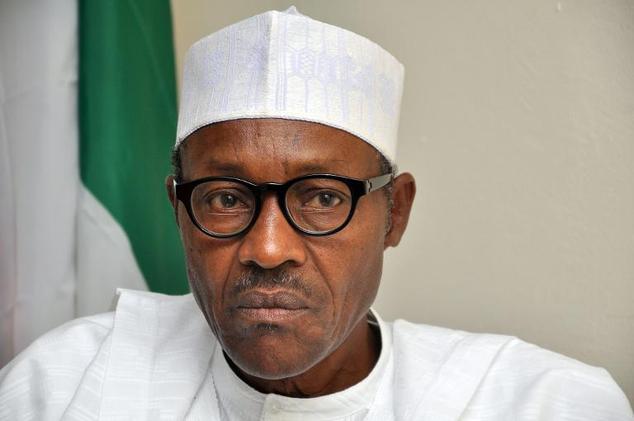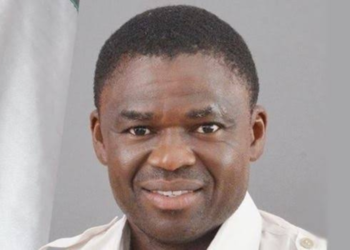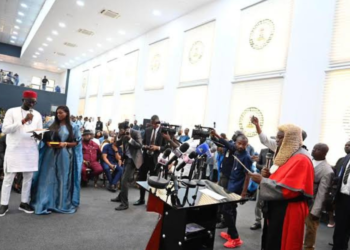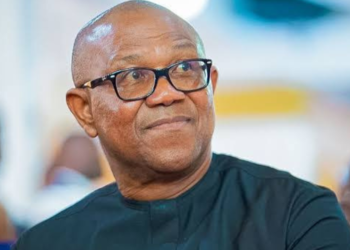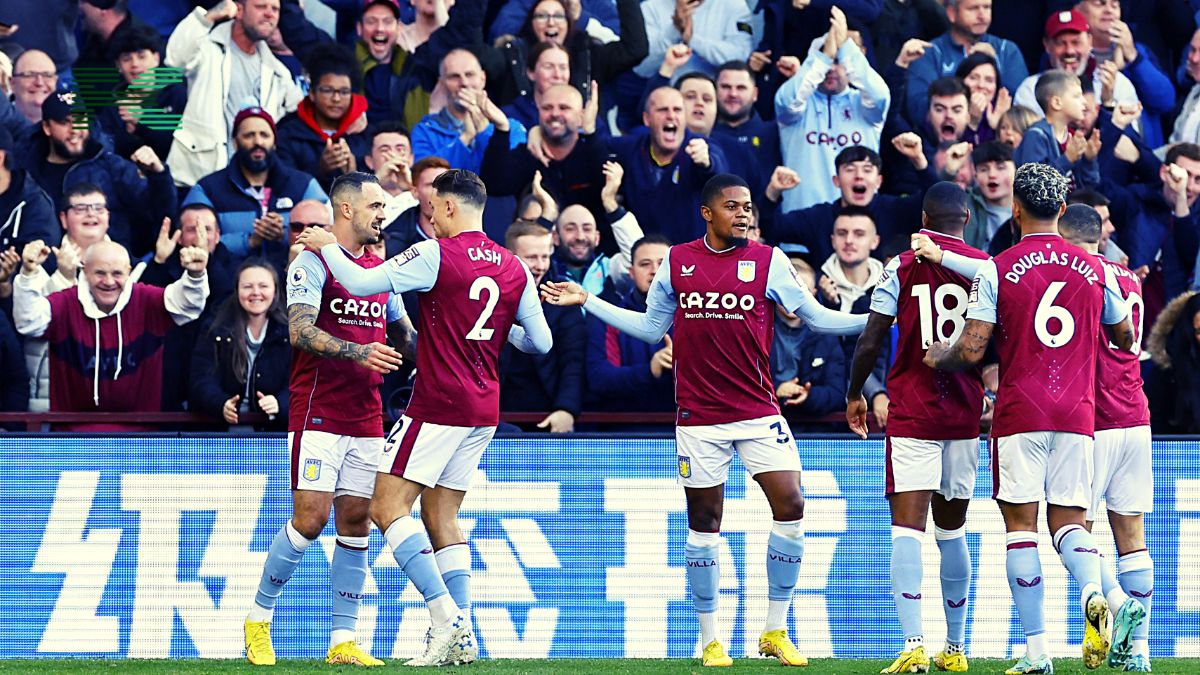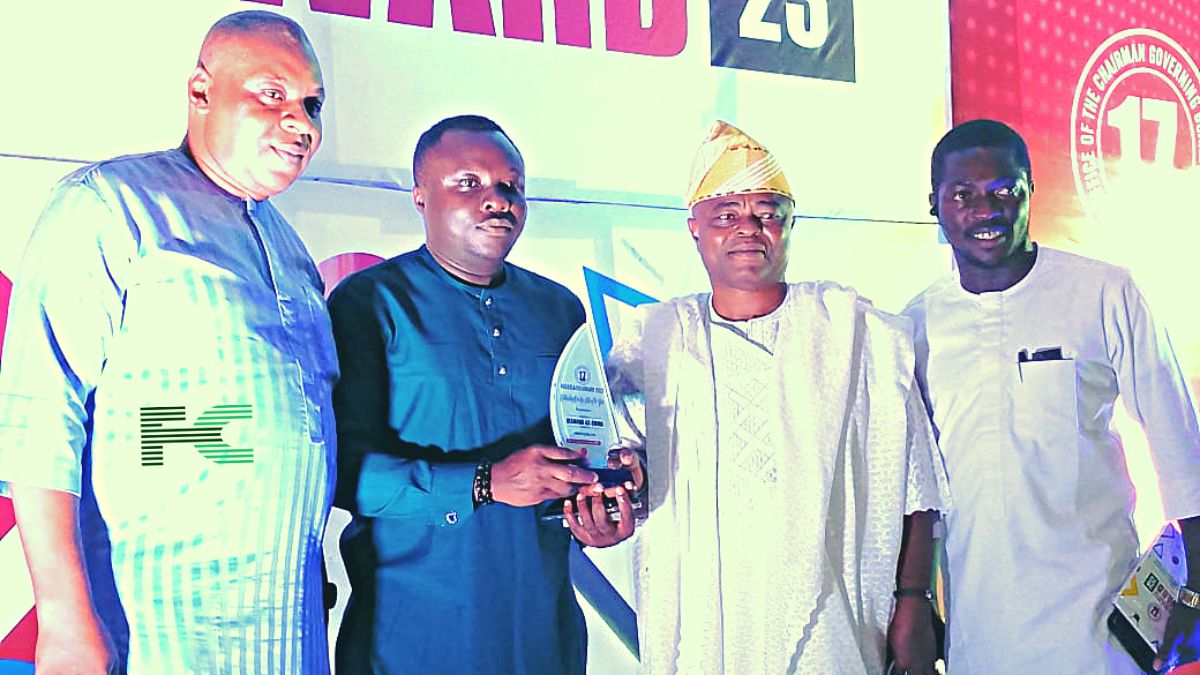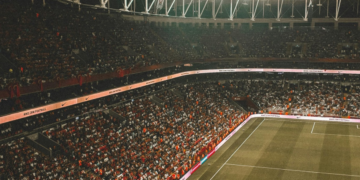Two days ago, it was reported that the Nigerian military asked Boko Haram and ISWAP terrorists to seek forgiveness and reconcile, saying that soldiers and the public were dissatisfied with the loss of lives.
On Sunday, the General Officer Commanding (GOC), Brigadier General A.A. Eyitayo, the commander of the 7th Division of the Nigerian Army, attended an army-sponsored press party in Maiduguri. Eyitayo, who is also the commander of Operation Hadin Kai in Sector 1 said that the recent military attacks on the rebels have dealt a decisive blow to the terrorists, throwing their remains into chaos.
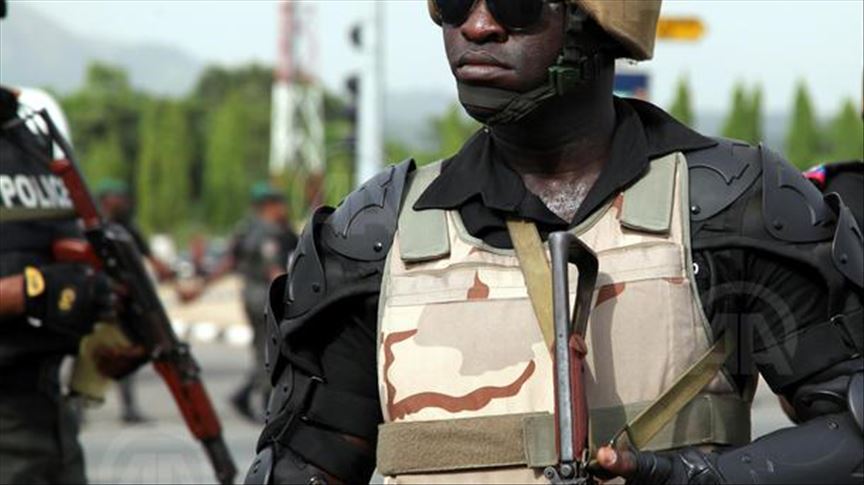
According to him, the feast with journalists was to show appreciation of the media reportage of military operations within the state. The question on the lips of many is why the Nigerian military hasn’t shown this level of courtesy and extended the olive branch to Indigenous People of Biafra (IPOB).
Paraphrasing the words of Karl Marx, “Nigeria is haunted by a ghost: a rotten ghost. The existence of this ghost has never been as obvious as in the past three months.”
The front pages of Nigerian newspapers have daily reports of abduction for extortion, political assassinations, etc. Rather than layout and promulgate regulations to arrest the deterioration, President Buhari and his aides are always quick to look for human beings and organizations to blame. It is obvious to any observer that the president has misplaced his priorities.
Indigenous Peoples of Biafra
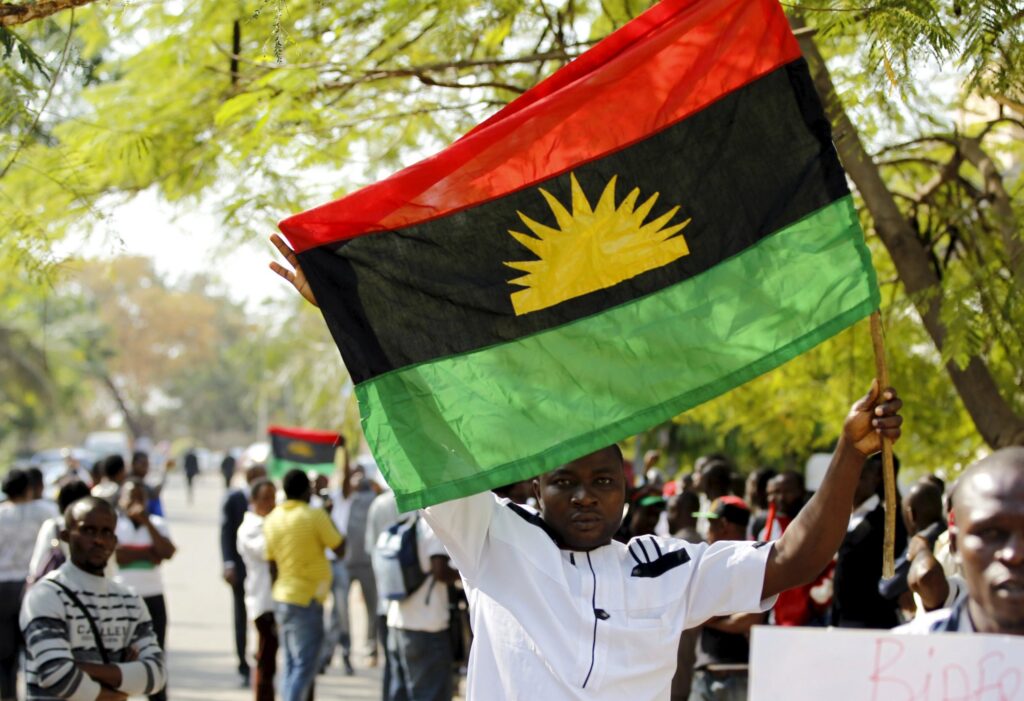
Of all the groups currently considered a threat to Nigeria, none seem to be like the Indigenous Peoples of Biafra (IPOB). The radical separatist faction of the revival movement that worries the current government more is Movement for the Actualization of the Sovereign State of Biafra (MASSOB), an open separatist movement with the mandate to “rebuild the independent state of Biafra” in the southeastern region, mainly mentioned by the Igbo people.
IPOB is not the only separatist movement in Nigeria; there is another movement in the West – the Oodua Republic movement. Technically speaking, Boko Haram (an extremist Islamic organization), that has intimidated northeastern Nigeria for more than a decade with aims to establish an Islamic State on Nigeria’s territory is also a separatist movement, yet they did not anger the Nigerian government like the IPOB.
Some commentators believe that the “Igbo problem” was caused by the Igbo people ( when the Igbo people launched their first coup in 1966 and then tried to leave the federation), which caused damage to themselves, and literally pitted Nigeria against them.
No one will win the argument about which secessionist group is responsible or accountable for the various problems of Nigeria and its failure to be a successful country. A debate about the ineptitude the government has degenerated to casting aspersions on IPOB.
Killings by Fulani herdsmen seems to be tolerable, however protests by IPOB members about the status (and conditions) of Ndi’igbo in Nigeria are without hesitation categorised as a hazardous to the country’s security and stability.
The agitations within the south-east is now presented by propagandists as being worse than the long-standing violent extremist Islamic rebels in the northeast and the rampant bandits and modern tribal wars in southern Kaduna and Plateau state.
In the exact words of a popular Nigerian preacher, Apostle Johnson Suleman, “you will go after IPOB? Yet you cant go after killer herdsmen?
IPOB seeks to pull out of a part of Nigeria Killer herdsmen destroys the whole Nigeria. Who should be dealt with urgently?…..They might have no one in power to speak for them,they have GOD..”

